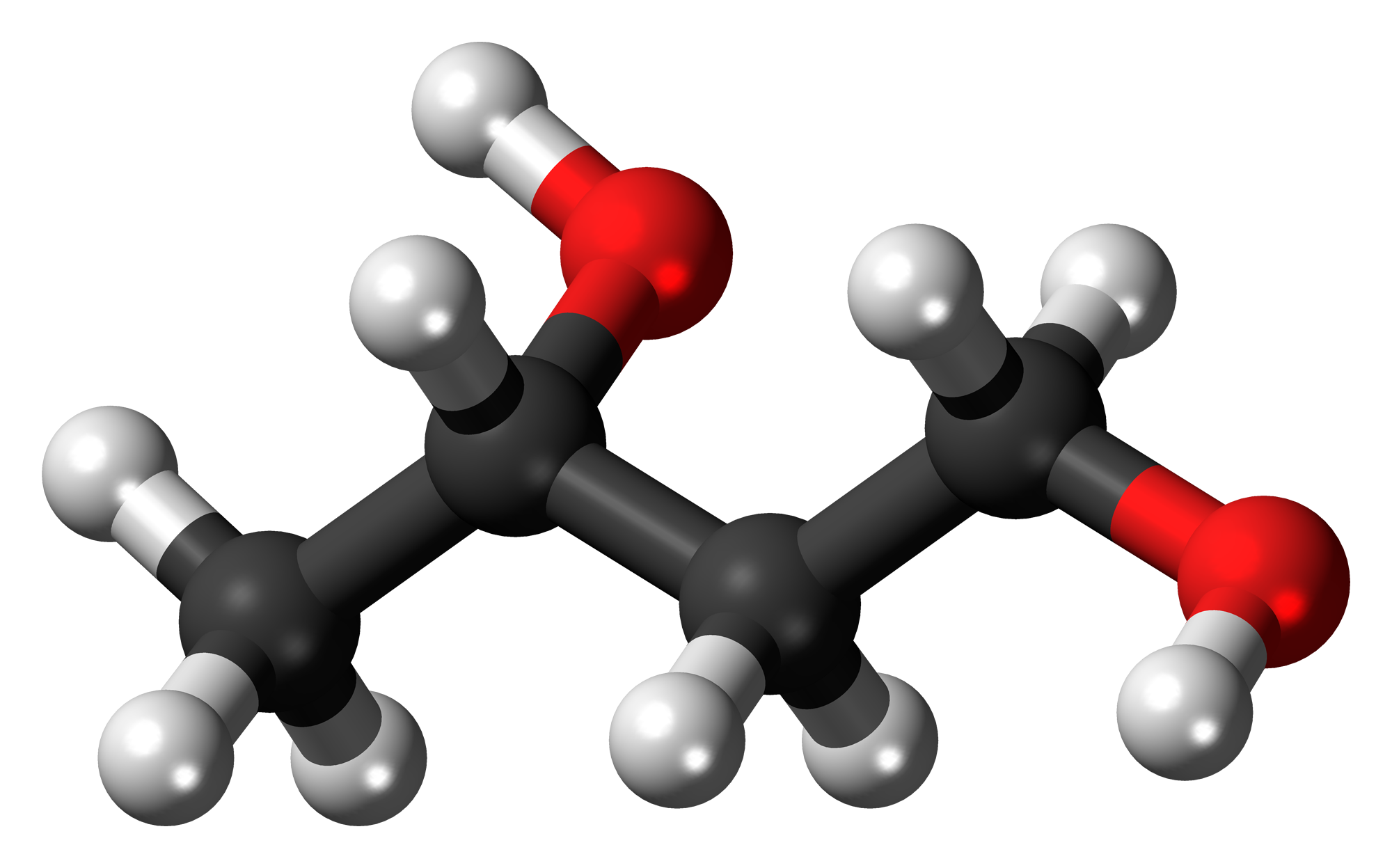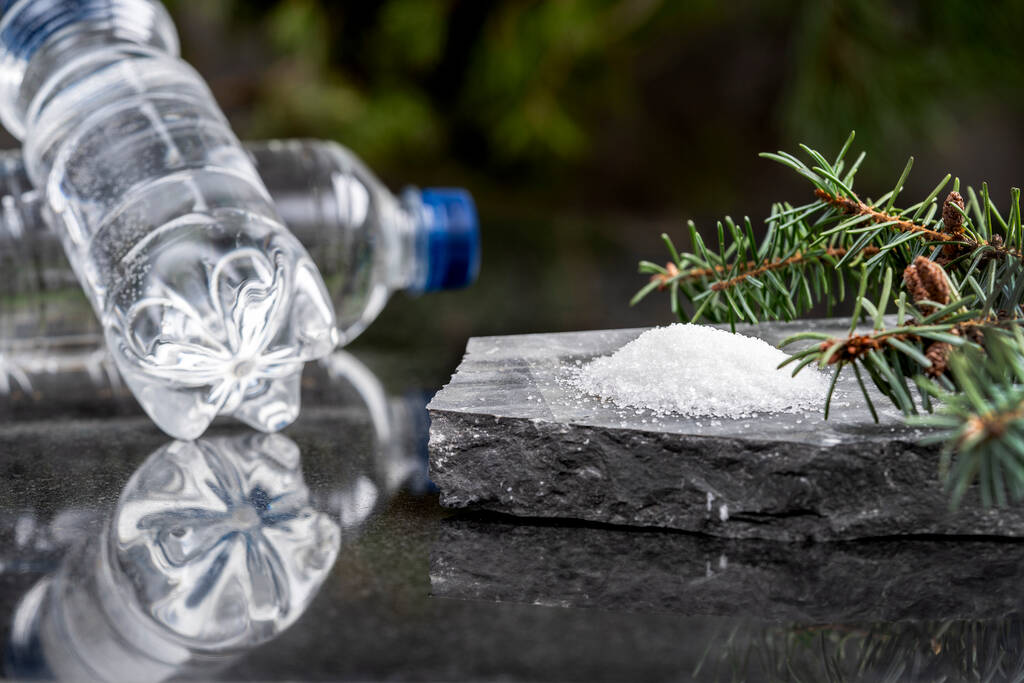Sooo many news today! Here’s a big one from Myriant about its bio-butanediol (BDO) announcement with engineering and chemical technology licensing company Johnson Matthey-Davy Technologies (JM Davy). I’ll post a separate one about cellulosic sugar producer Renmatix and its partnership with Finnish pulp and paper company UPM.
Myriant said it has successfully produced commercial-grade biobased BDO and tetrahydrofuran (THF) at JM Davy’s facility at Teesside, England, using bio-succinic acid supplied by Myriant and processed with the JM Davy BDO/THF production technology.
The biobased BDO produced reportedly has an overall carbon efficiency of 87%, which Myriant said is substantially better than the carbon efficiency achieved in the direct fermentation route to bio-BDO. The products including THF and gamma-butyrolactone (GBL) are also said to be competitive from a cost and quality point of view compared to petroleum-based BDO/THF/GBL.
The blog asked whether their bio-succinic acid route is also more cost-effective compared to the direct fermentation route especially given BASF’s recent announcement of licensing the Genomatica bio-BDO processing, and BASF itself is producing bio-succinic acid through its joint venture company Succinity GmbH with CSM/Purac.
According to Myriant, the bio-succinic acid route offers better cost economics due to the higher carbon efficiency.
“The direct fermentation route loses 50% of the carbon in the sugar feedstock to carbon dioxide production in the fermentation process. This makes the direct fermentation process disadvantaged from a cost point of view and not very beneficial from a carbon footprint reduction point of view. When we originally decided to take the bio-succinic acid route to bio-BDO, we took a long and hard look at the direct fermentation route and came to the conclusion that it was not the optimal process.” – Alif Saleh, vice president of sales and marketing, succinic acid and derivatives business at Myriant
One main advantage with the JM-Davy process is that it offers the flexibility to produce a ratio of market grade BDO, THF and GBL, noted Myriant. The companies can produce between different ratios depending on market demand. Myriant said there are no other co-products produced.
Myriant declined to comment on the cost of constructing a bio-BDO plant using the JM Davy-Myriant Technologies and the capacity planned to construct such a plant. JM-Davy said it has licensed 800,000 tpy of annual capacity for the production of petroleum-based BDO, THF and GBL representing 25% of the global installed capacity.
 Petroleum-based maleic anhydride is typically used as feedstock to make BDO through hydrogenation. Succinic acid can be used to replace maleic anhydride.
Petroleum-based maleic anhydride is typically used as feedstock to make BDO through hydrogenation. Succinic acid can be used to replace maleic anhydride.
BASF said it will build a 50,000 tpy bio-BDO plant using the Genomatica process depending on market acceptance of the product.
BioAmber said its 30,000 tpy bio-succinic acid plant being constructed in Sarnia, Ontario, Canada, could be converted into 22,000 tpy of biobased BDO production. BioAmber expects its second manufacturing facility in joint venture with Mitsui to have a projected initial biobased BDO/GBL capacity in the range of 50,000-100,000 tpy with construction costs of $210m-$330m, and be mechanically complete in 2016 or 2017.
BioAmber has already produced several tons of bio-BDO and THF last year at a toll manufacturing facility in Germany using its bio-succinic acid produced in Pomacle, France. The company is planning to startup a bio-BDO unit with annual production capacity of 2,000-4,000 tpy at a toll manufacturing plant in the US in late 2014.
BioAmber noted on its recent IPO filing that an integrated bio-succinic acid unit attached to a bio-BDO facility will further cut operating costs in producing bio-BDO.
Myriant’s flagship 30m lb/year bio-succinic acid plant in Lake Providence, Louisiana, which the company claimed is currently the largest biobased succinic acid plant in the world. is currently being commissioned. In an earlier interview with Myriant, the company said it is planning to further expand their capacity in Louisiana to 170m lb/year, which is expected to be online in 2015.



